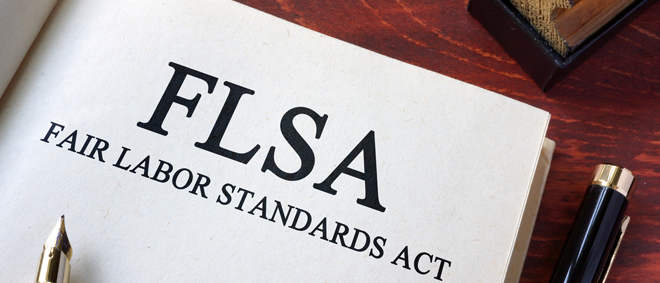On May 5, 2021, the U.S. Department of Labor (“DOL”) announced it is officially withdrawing, effective May 6, 2021, the rule promulgated under the Trump administration addressing the standard to determine whether an individual is properly classified as an employee or an independent contractor under the Fair Labor Standards Act (“FLSA”). The rule, which was rolled out two weeks before the end of President Trump’s term, was initially scheduled to take effect on March 8, 2021 but was delayed by President Biden until May 7, 2021.
Continue Reading U.S. Department of Labor Announces Withdrawal of Trump-Era Independent Contractor Rule



